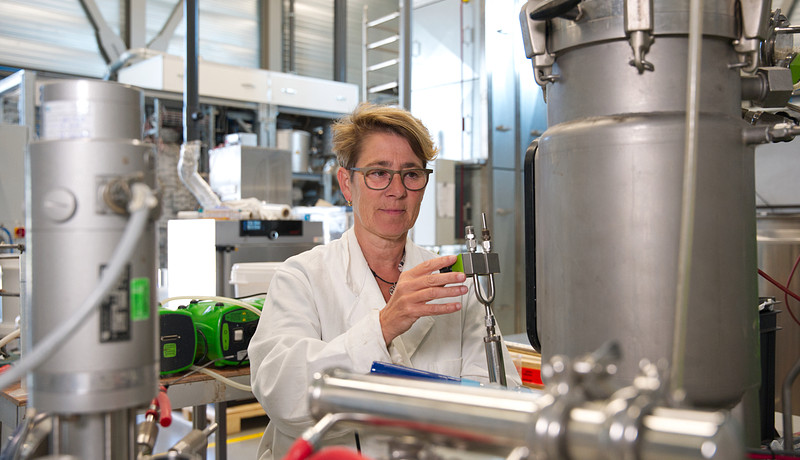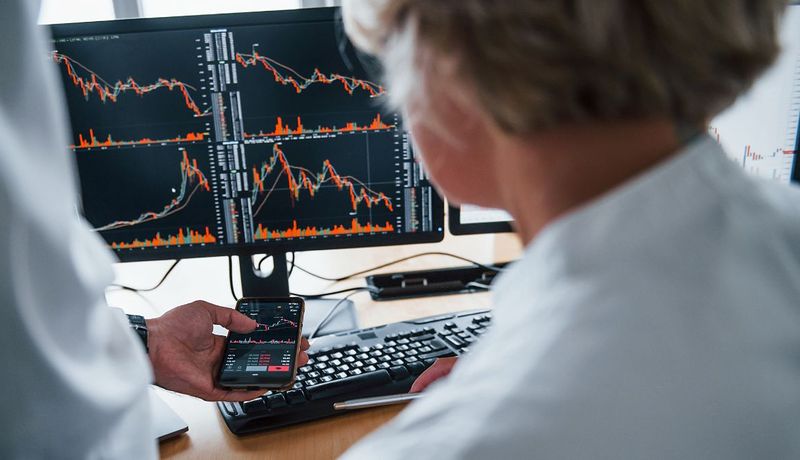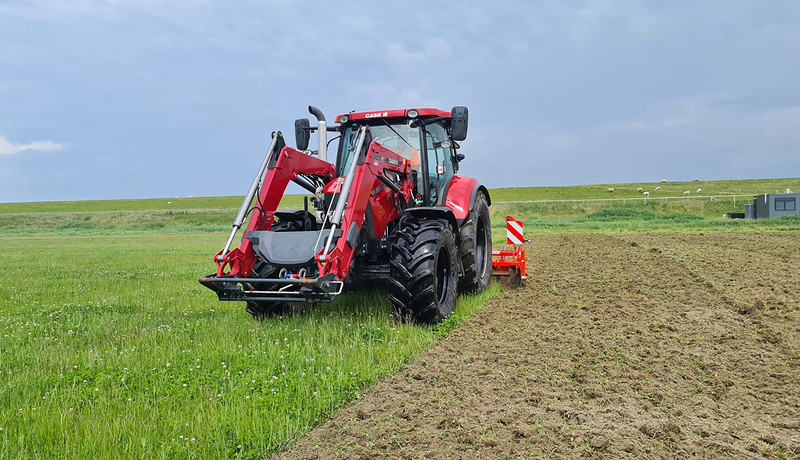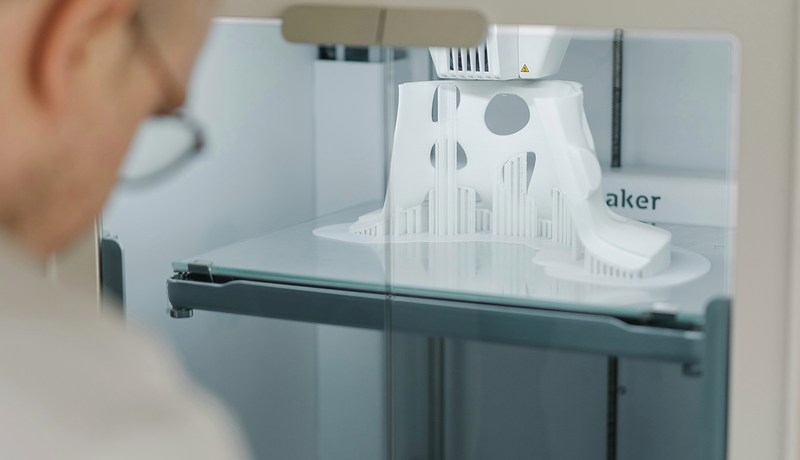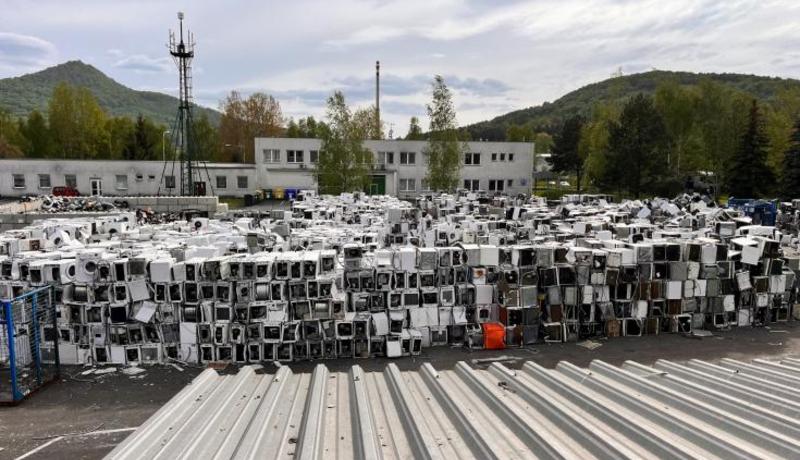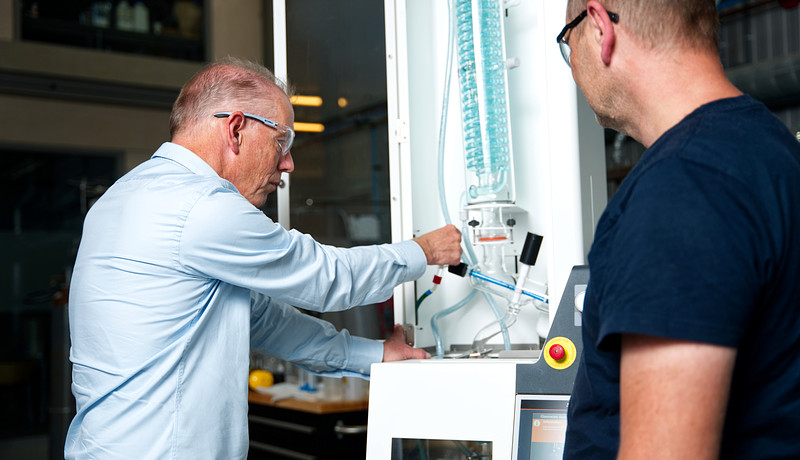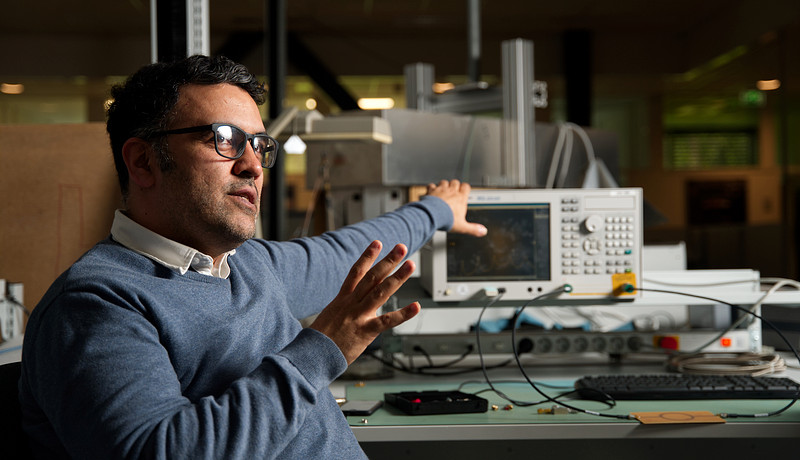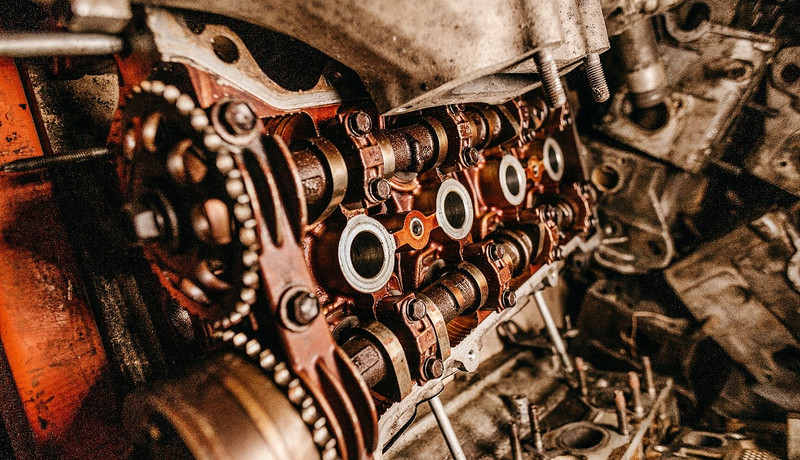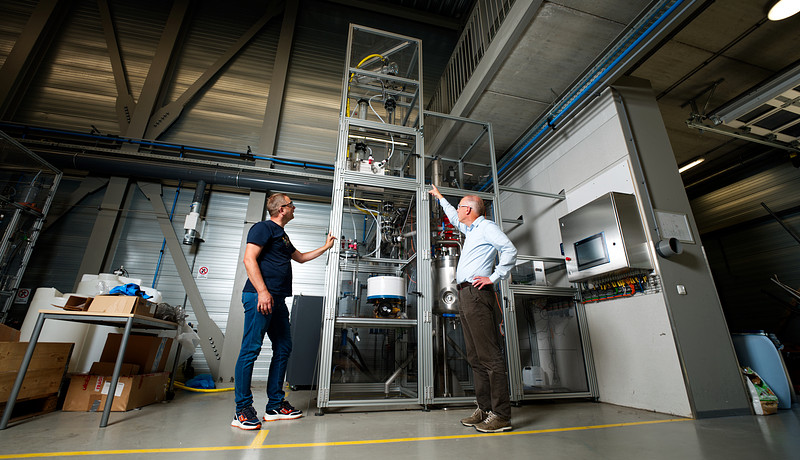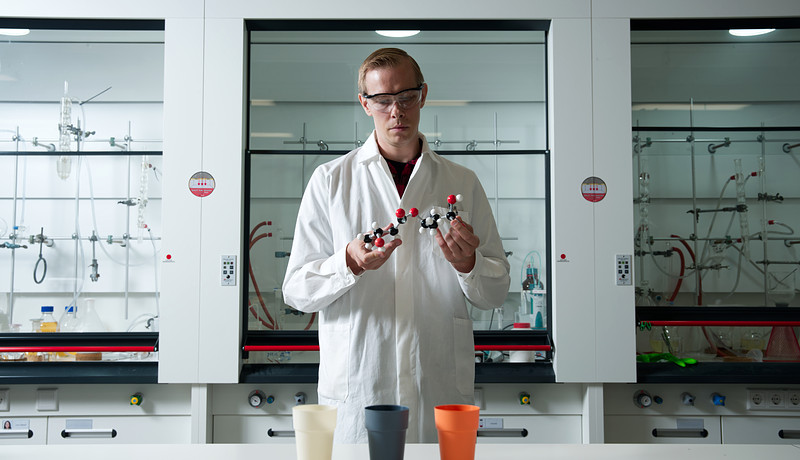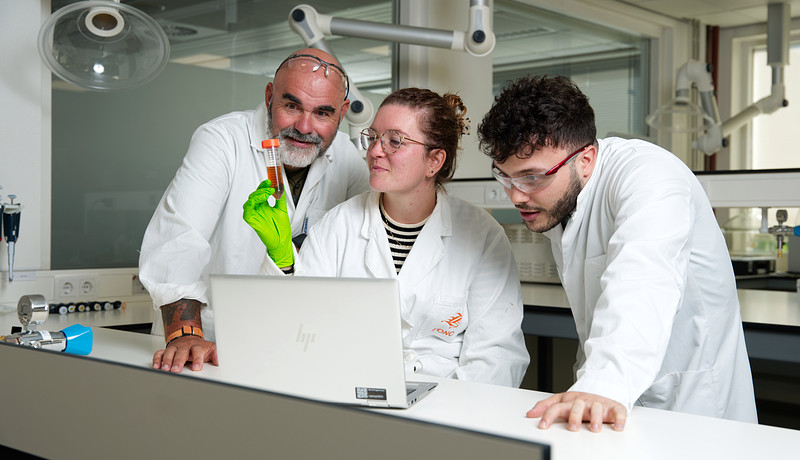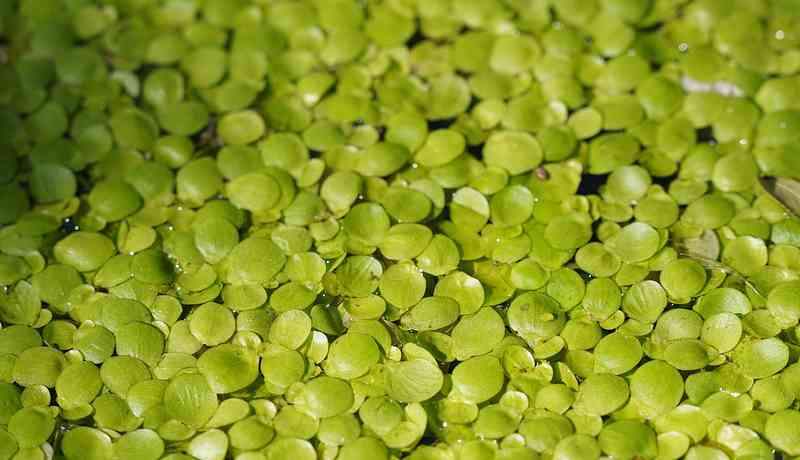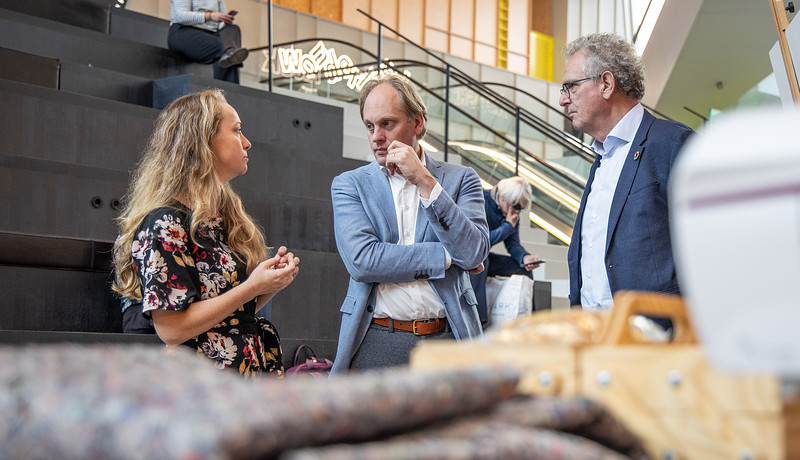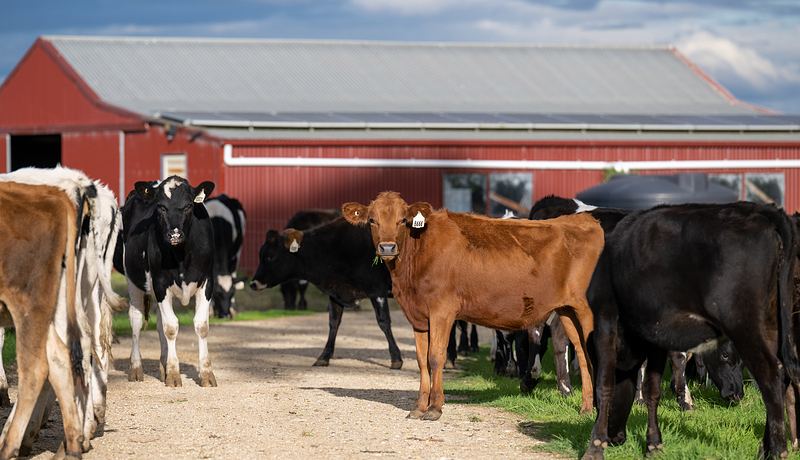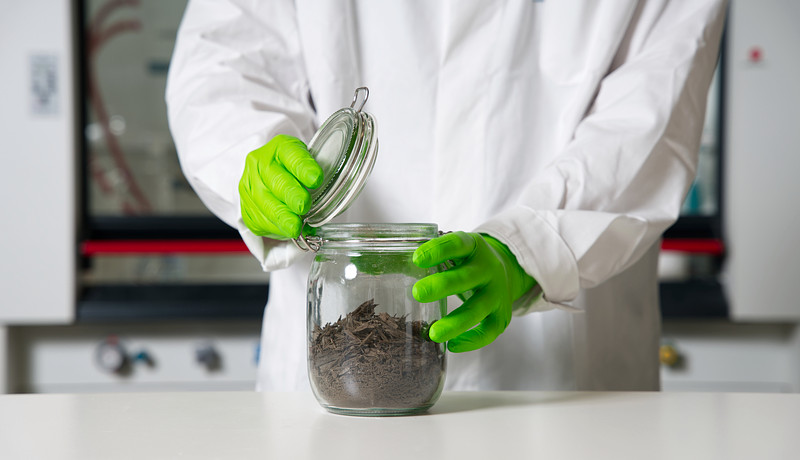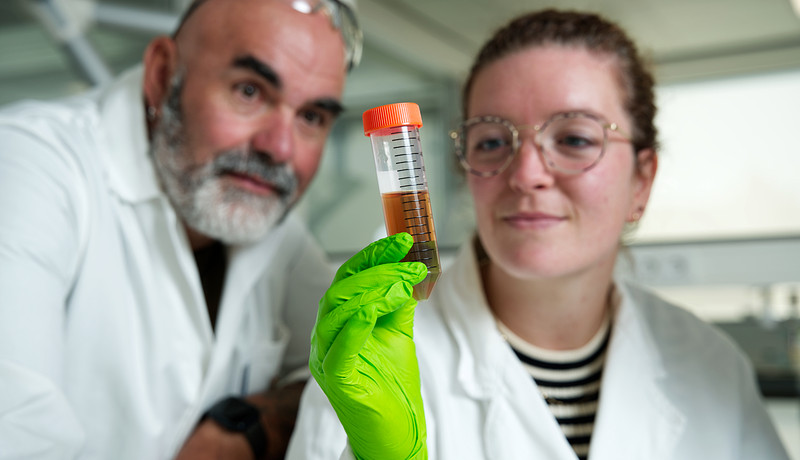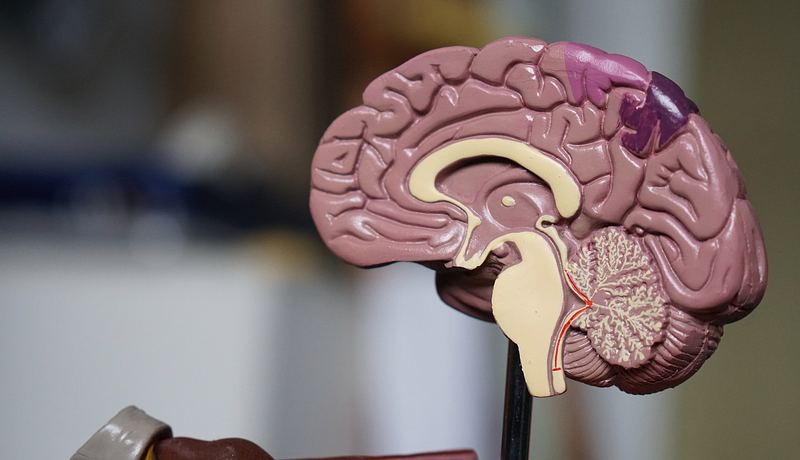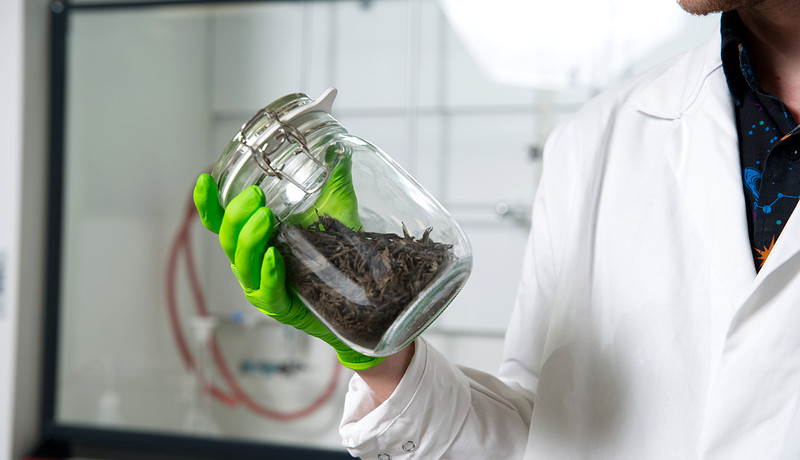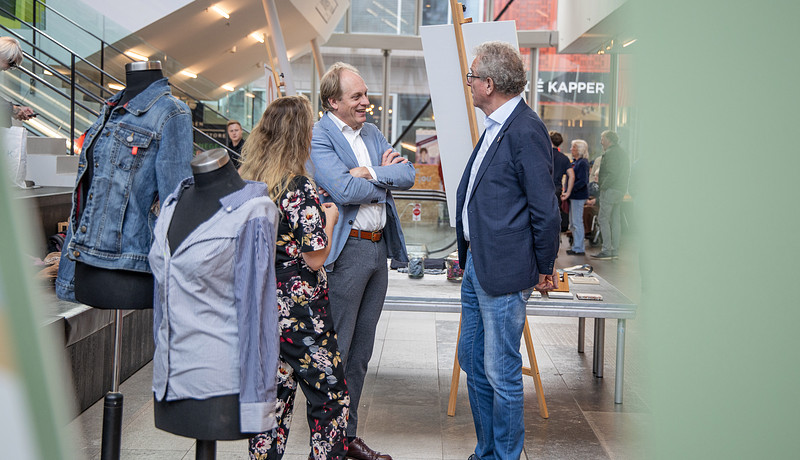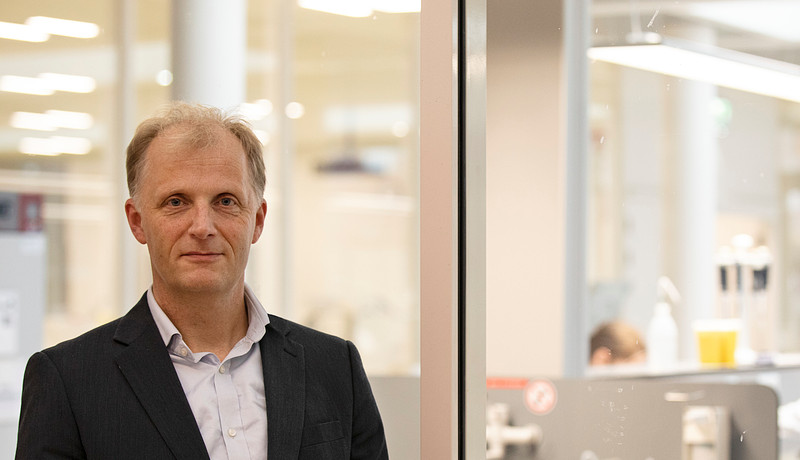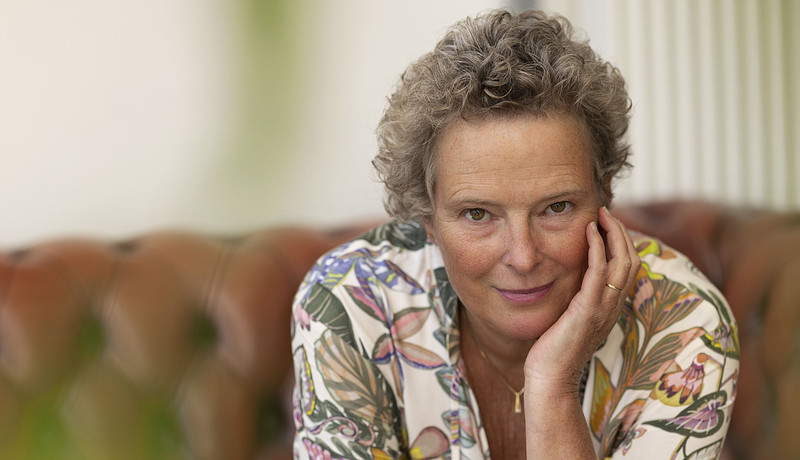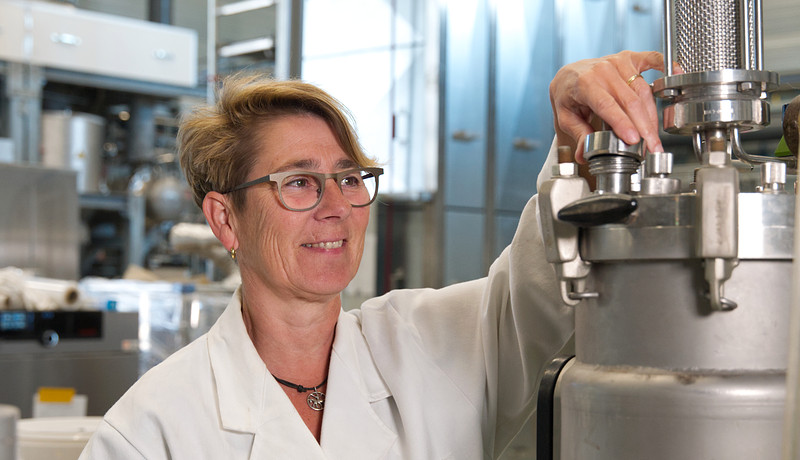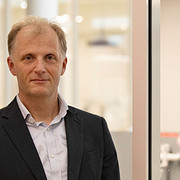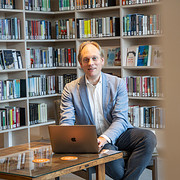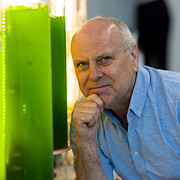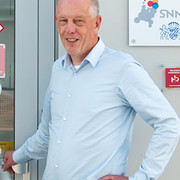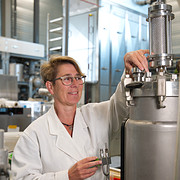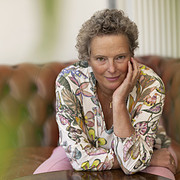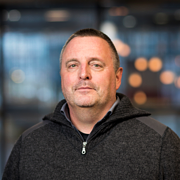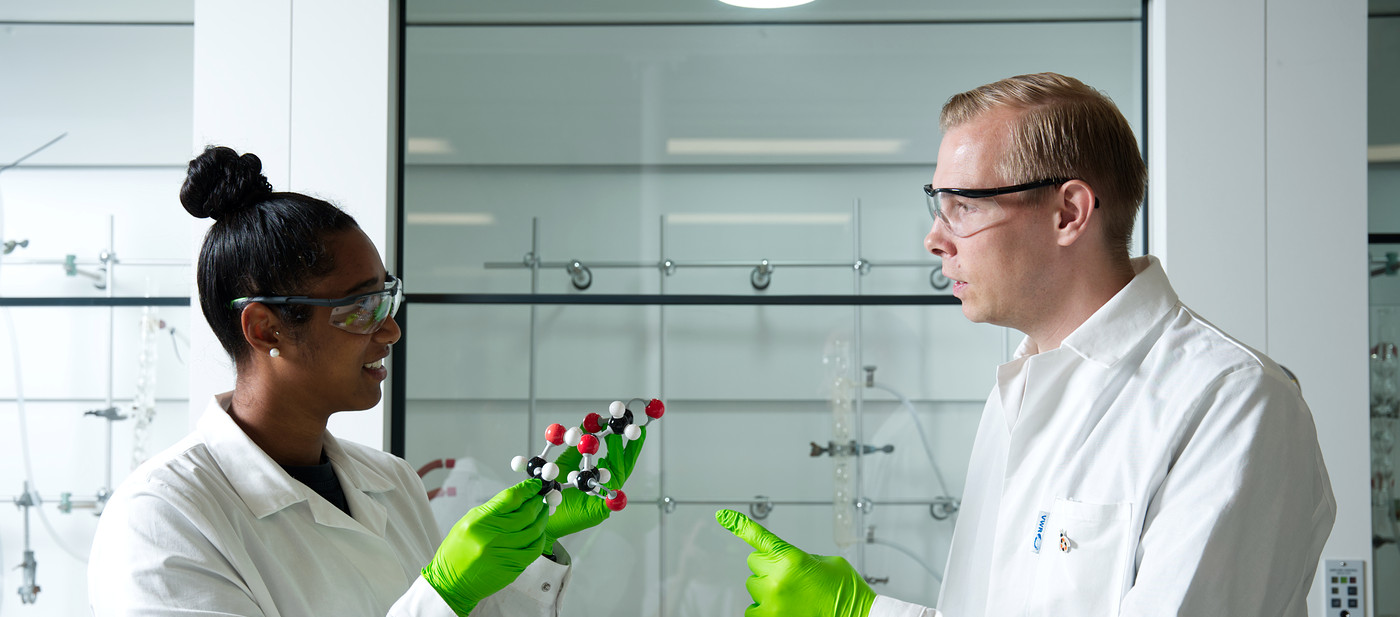
Hanze University of Applied Sciences wants to contribute to a healthy and sustainable society. Part of this is transitioning from fossil resources to renewable resources. This is exactly what a 'biobased economy' is all about. The Research Centre Biobased Economy researches new biobased products, sustainable production processes and improved business models. We do this in cooperation with companies and other knowledge institutions.
With green raw materials, we mean (for example) crops and residual streams from agriculture and the food industry. But that is not the only thing we deal with in the knowledge centre. We look at the entire production chain and its consequences. For instance, in the design phase of a product, we take into account the raw materials and components used and whether they can be reused or recycled. We also look at chemical or industrial production processes and whether they can be more efficient or sustainable. We look at plant-based foods and their effect on our health. Finally, we look at what happens to a product at the end of its life.
In other words, our goal is less energy, less waste, less pollution and more saving, recycling, and sustainability.
Introduction video Research Centre Biobased Economy
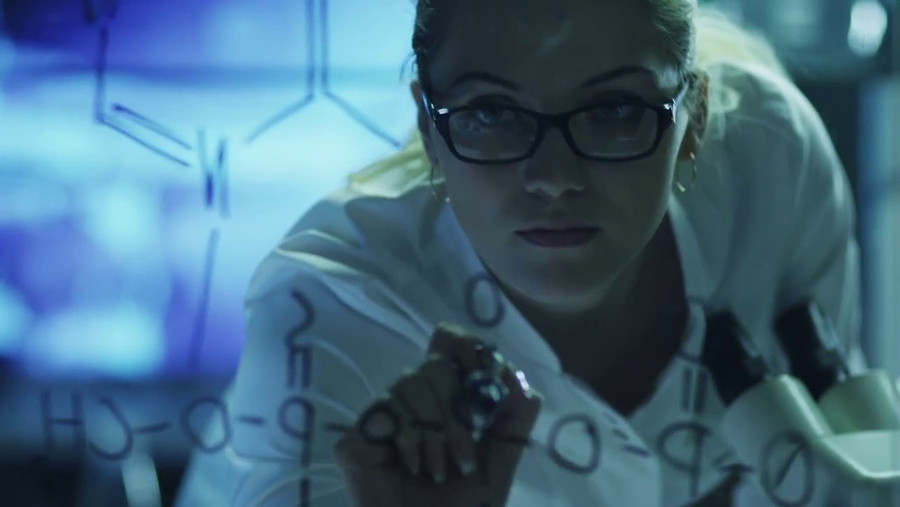
What are our ambitions for a biobased future? Watch this video to learn more about the Research Centre Biobased Economy.
-

-

-

ZAP Groningen
Learn moreCollaborate on research questions in our Zernike Advanced Processing facility.
-

-

Our professorships
Learn moreDiscover how our professorships collaborate with partners on a wide range of topics.
-

Internship or graduation
Learn moreWe have interesting opportunities for students who want to do an internship or graduate.

Our publications
Curious about our projects and publications? Check out our Pure page.
See the publications by the Research Centre Biobased Economy.Where to visit us
-
Research Centre Biobased Economy
Room D1.24 Location Van DoorenVeste 9747 AS Groningen
- +31 (0)50-5956088
- [email protected]
-
Zernikeplein 11, 9747 AS Groningen
